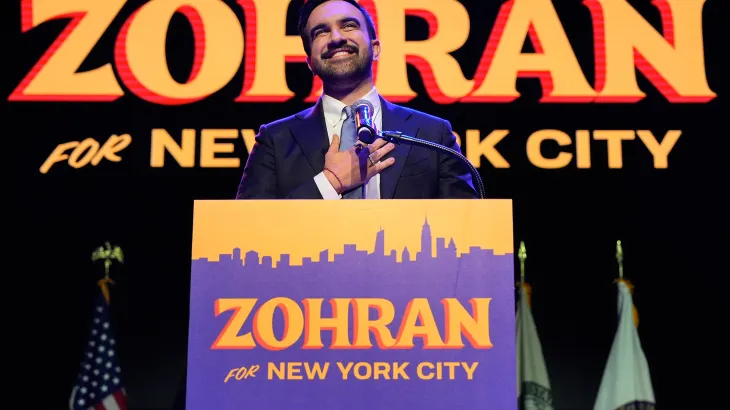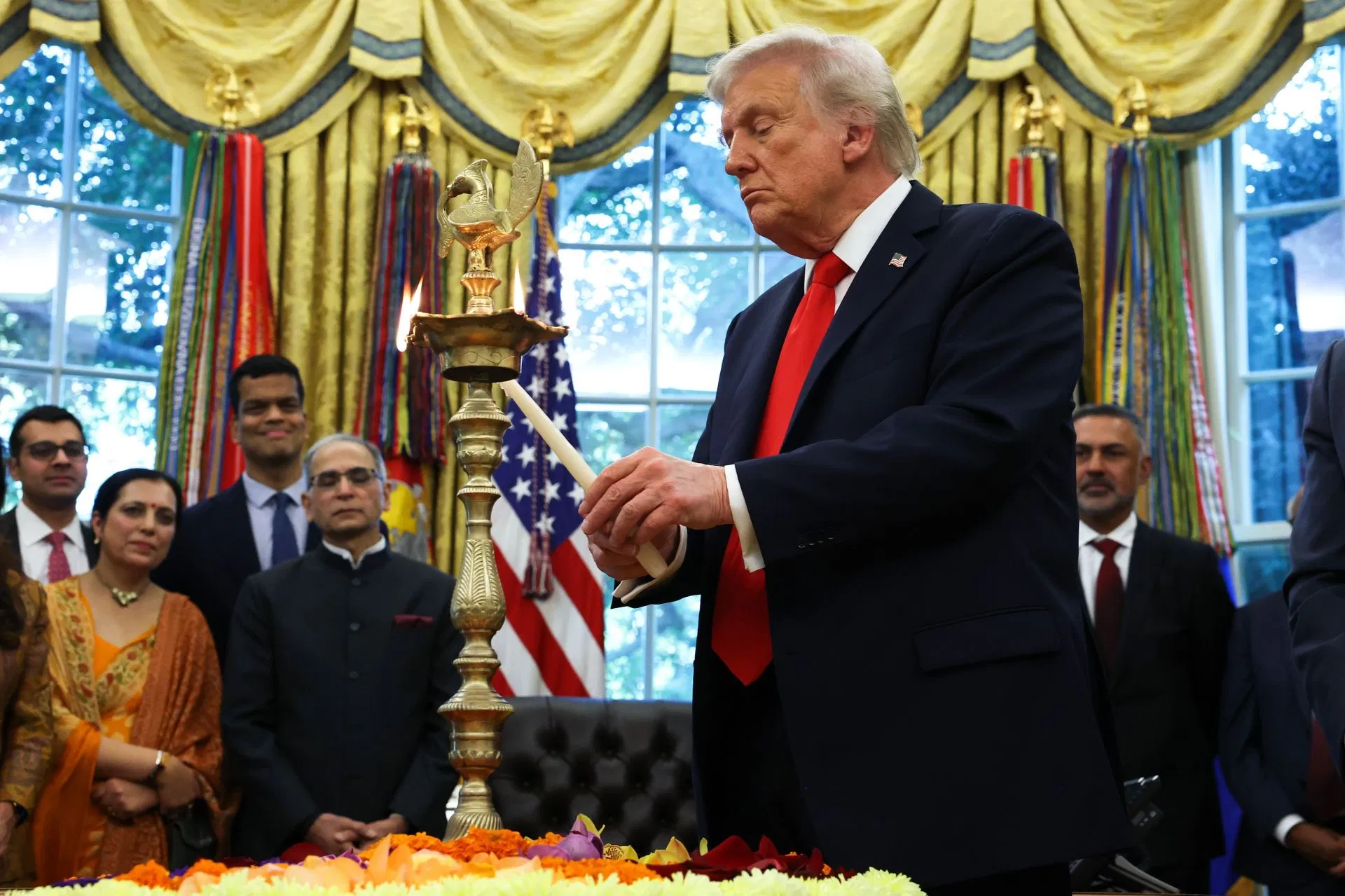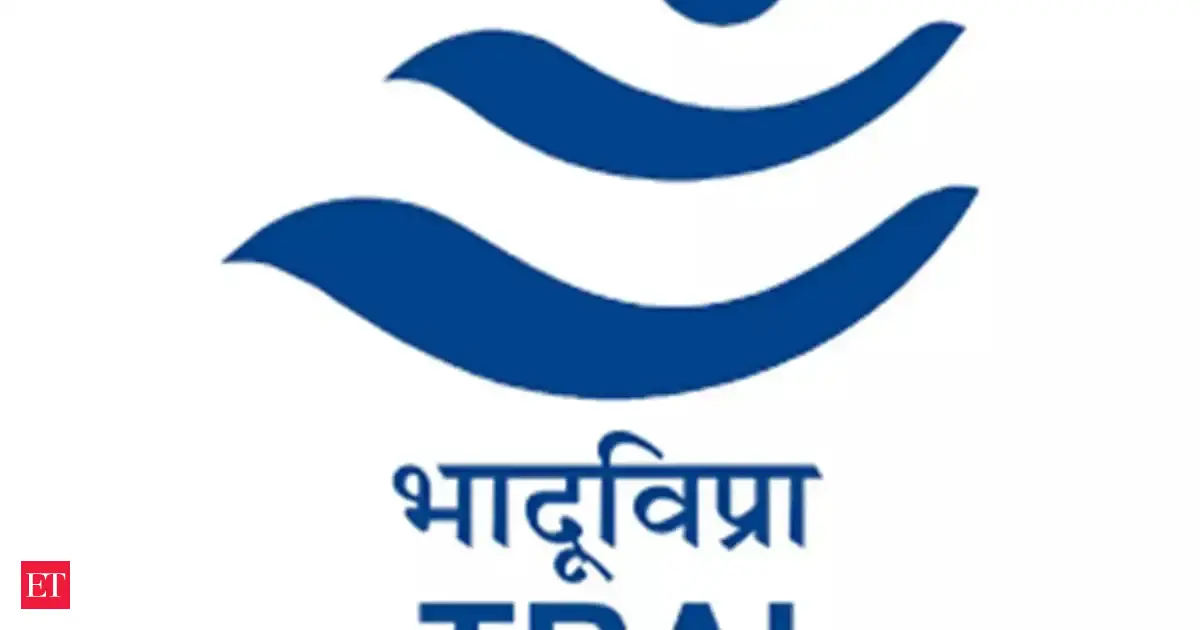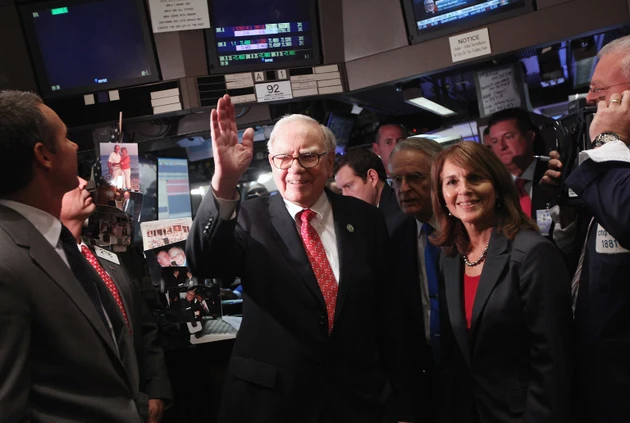Copyright breezyscroll

New York City, once the epicenter of the 9/11 terror attacks, now has its first Muslim mayor. Zohran Mamdani’s election is being celebrated as a milestone in diversity and inclusion, but it’s also fueling anxiety and discomfort across political lines. At just 34, Zohran Mamdani, a democratic socialist of Indian descent, has become a symbol of generational and ideological change in American politics. Yet, his victory has also reopened old wounds tied to religion, identity, and national trauma. What makes Zohran Mamdani’s election historic? For many, Mamdani’s win marks a transformative moment. He is not only New York’s first Muslim mayor but also the first Indian-American, South Asian, and millennial to occupy City Hall. His political journey, from a grassroots activist and Queens assemblyman to the city’s highest office, has been rapid and unconventional. Born to Ugandan-Indian parents, Mamdani’s background and worldview reflect the intersection of global migration, leftist ideology, and minority representation in American democracy. But this very mix is what unsettles many of his critics. Why Zohran Mamdani’s rise evokes unease in post-9/11 America New York still carries the emotional and psychological weight of 9/11. Nearly 3,000 lives were lost when Islamist extremists attacked the World Trade Center, a tragedy that shaped American security policy and public sentiment for decades. Against this backdrop, having a Muslim mayor is, for some, a difficult shift. Conservative groups, sections of 9/11 survivors, and even a few moderate Democrats perceive Mamdani’s leadership as symbolically jarring. Beyond Islamophobia or racial prejudice, critics cite his past remarks that seemed to emphasize Islamophobia more than the attacks themselves. Some accuse him of framing post-9/11 America primarily as a story of Muslim victimhood, rather than of national resilience. His detractors argue that such a stance risks alienating those who still grieve and fear a repeat of that dark day. How political polarization shapes the response to Zohran Mamdani President Donald Trump and his MAGA Republican base have made Mamdani a rhetorical target. Trump labeled him a “100 percent Communist lunatic,” a remark that not only attacked his socialist leanings but also played into fears of ideological extremism. For the Republican right, Mamdani’s identity as a Muslim and a socialist represents a double threat, ideological and cultural. His election, they argue, symbolizes the left’s growing dominance and America’s “moral confusion” in elevating someone with perceived anti-establishment sympathies. Even among Democrats, the mood is mixed. While progressives hail Mamdani as a generational leader who challenges the political status quo, moderates worry his radical policy agenda and confrontational rhetoric could divide the party ahead of the 2026 midterms. Why 9/11 survivors and New Yorkers are conflicted To many New Yorkers, especially those who witnessed the Twin Towers collapse, 9/11 remains a living memory. The sight of the Freedom Tower serves as both a reminder and a warning. Mamdani’s personal stories about post-9/11 discrimination, such as his aunt feeling unsafe traveling in hijab, resonate with some but disturb others. Critics feel he places too much emphasis on Muslim victimization, sidelining the pain of the victims of terror. This emotional divide underscores the deeper challenge of reconciling identity politics with collective memory in a city still healing from trauma. What worries Zohran Mamdani’s critics about his policies Police reform and security Mamdani’s pledge to radically reform the NYPD and redirect funding toward social programs has sparked concern. New York remains a city under constant security vigilance, and many residents fear that scaling back law enforcement could compromise safety. Economic and governance concerns Wall Street executives and business leaders, already wary of his socialist leanings, fear a wave of anti-corporate policies. Reports suggest hedge funds and real estate groups opposed his candidacy, citing worries about higher taxes, rent control expansion, and potential flight of capital. Israel-Palestine stance Mamdani’s vocal support for Palestinian rights and criticism of U.S. policy toward Israel have created additional fault lines. His comments are celebrated by progressives but seen by conservatives and some Jewish communities as divisive, particularly in a city home to one of the world’s largest Jewish populations. Can Mamdani redefine what leadership means in New York? For his supporters, Mamdani represents the future, a break from establishment politics. They see his rise as evidence that America’s identity is broad enough to include those once marginalized or misunderstood. His backers argue that if New York, the world’s most diverse city, cannot elect a Muslim mayor without controversy, the U.S. still has a long way to go in living up to its democratic ideals. But critics counter that representation alone is not enough. They insist that leadership demands sensitivity to history and a clear stance against ideologies tied, however remotely, to past violence. The question now is whether Mamdani can bridge these divides, governing a city that both celebrates and fears what he represents. Why this moment matters beyond New York Mamdani’s victory is about more than one city. It is a test of America’s evolving social contract, one that pits inclusion and progress against memory and mistrust. His tenure could redefine how the U.S. views Muslims in leadership roles, or it could deepen ideological fault lines that already polarize the nation. Either way, his election at “Ground Zero” is a powerful reminder that democracy, like New York itself, is both resilient and restless. Zohran Mamdani’s election as New York’s first Muslim mayor is both historic and polarizing. While his supporters see progress and representation, critics fear ideological bias, security risks, and insensitivity toward 9/11’s legacy. His tenure could reshape how America views identity and power in the post-9/11 era.



